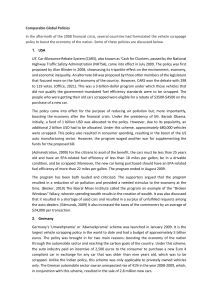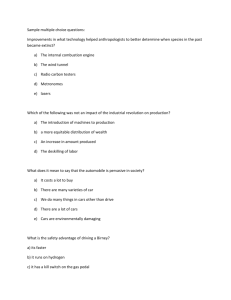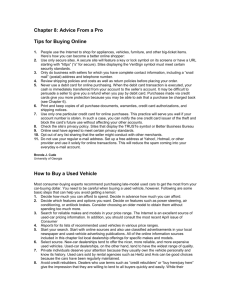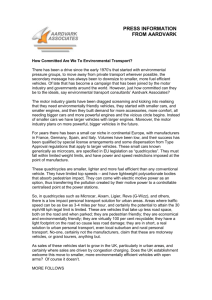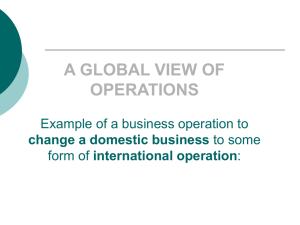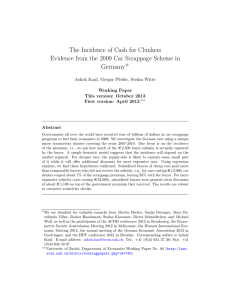What is a scrappage subsidy
advertisement
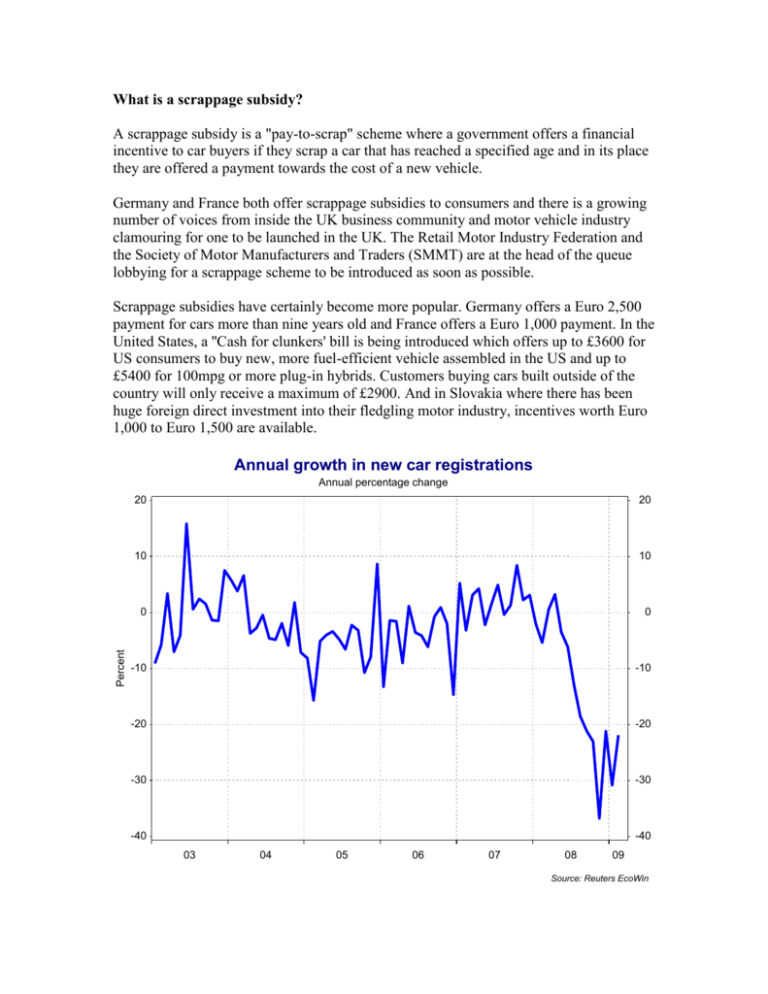
What is a scrappage subsidy? A scrappage subsidy is a "pay-to-scrap" scheme where a government offers a financial incentive to car buyers if they scrap a car that has reached a specified age and in its place they are offered a payment towards the cost of a new vehicle. Germany and France both offer scrappage subsidies to consumers and there is a growing number of voices from inside the UK business community and motor vehicle industry clamouring for one to be launched in the UK. The Retail Motor Industry Federation and the Society of Motor Manufacturers and Traders (SMMT) are at the head of the queue lobbying for a scrappage scheme to be introduced as soon as possible. Scrappage subsidies have certainly become more popular. Germany offers a Euro 2,500 payment for cars more than nine years old and France offers a Euro 1,000 payment. In the United States, a ''Cash for clunkers' bill is being introduced which offers up to £3600 for US consumers to buy new, more fuel-efficient vehicle assembled in the US and up to £5400 for 100mpg or more plug-in hybrids. Customers buying cars built outside of the country will only receive a maximum of £2900. And in Slovakia where there has been huge foreign direct investment into their fledgling motor industry, incentives worth Euro 1,000 to Euro 1,500 are available. Annual growth in new car registrations Percent Annual percentage change 20 20 10 10 0 0 -10 -10 -20 -20 -30 -30 -40 -40 03 04 05 06 07 08 09 Source: Reuters EcoWin Arguments for a scrappage subsidy 1. It is a direct incentive for consumers to buy a new vehicle - a targeted subsidy rather than the (ineffective) cut in VAT announced in December 2008 2. Stimulating demand will help keep car plants open and producing vehicles at a time when the credit crunch and rising unemployment has caused a collapse in new vehicle demand and production 3. There are environmental benefits if consumers swap older for newer - more fuel efficiency vehicles that emit less c02 per km travelled 4. Crushing (and recycling) used cars reduces the risk of a sharp fall in second hand car prices caused by vast over-supply Arguments against a scrappage subsidy 1. Distortion of free market competition - why should the car industry be in receipt of a subsidy and other sectors miss out? If cars can be scrapped for a payment why not old televisions, or second hand books? 2. The payment brings forward demand that might have occurred anyway and risks a sharp fall-off when incentives end. 3. There are extra costs of crushing / disposing of vehicles that was still roadworthy and usable 4. There is an opportunity cost to financing a scrappage scheme - the money might be better spent developing greener public transport alternatives 5. Subsidies might be a catalyst for protectionism i.e. only giving subsidies for new vehicles produced within the domestic economy and not for importers. For example the Malaysian government finances 50% of their scrappage scheme, which pays owners of older vehicles to turn them in and purchase new cars from Malaysian produced Protons and Peroduas. In the UK, nearly 90 per cent of new cars are imported. UK made vehicles are exported to countries that may not have a similar pay to scrap scheme in place. 6. If the scheme is applied to the smaller most fuel efficient vehicles, only the Nissan Micra and the Mini would fit into the programme - they account for only 4% of cars sold in the UK. United Kingdom Passenger Car Production Number of Monthly output figures, non-seasonally adjusted 130000 130000 120000 120000 110000 110000 100000 100000 90000 90000 80000 80000 70000 70000 60000 60000 50000 50000 40000 40000 30000 30000 20000 20000 10000 10000 0 0 95 96 97 98 99 00 01 02 Passenger cars, for home market 03 04 05 06 07 08 09 Passenger cars, for export Source: Society of Motor Manufacturers and Traders Consumers respond to incentives – usually! The effectiveness of any scheme depends on the responsiveness of consumers to an incentive. Some estimates claim that a £2,000 subsidy might stimulate demand by as much as a quarter of a million year within twelve months, providing a major shot in the arm for a distressed UK vehicle manufacturing industry. But with motor credit increasingly difficult to come by and unemployment rising at a rapid rate, will there be sufficient consumer confidence for such a measure to work? A scrappage scheme would be great news for recycling plants and car dealerships and perhaps just the fillip that our motor industry needs. But for many people such a scheme is an ill-disguised scheme for a failing industry that already suffers from over-capacity.
